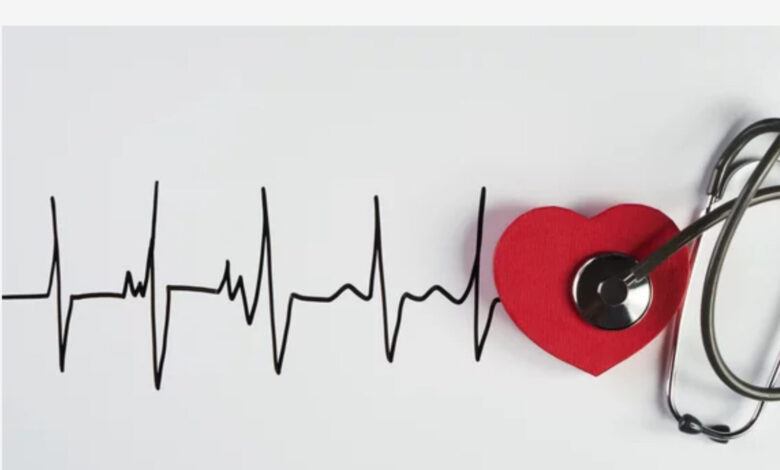ANTI-ARRHYTHMIC DRUGS AFTER ABLATION: DO THEY HELP?

If you’re one of the ever-increasing number of folks who have undergone ablation for atrial fibrillation, you may be wondering, “Is it necessary to stay on my anti-arrhythmic drug after ablation?” That’s a question specialty cardiologists ask themselves all the time. I don’t have any statistics on the percentage of patients who are kept on anti-arrhythmic drugs after ablation, but most physicians sleep better at night knowing the patient is still on some anti-arrhythmic drug. Are they treating their own insecurity about the success of the ablation, or do they know for a fact continuing the drug is keeping their patient in normal rhythm?
That’s a dilemma the American Heart Association (AHA), the American College of Cardiology (ACC), the Heart Rhythm Society (HRS), and the National Institute for Health Care Excellence (NIHCE) have struggled with for several years. 20%-40% of patients have recurrent atrial tachycardia after ablation so it’s important, but two researchers from Pennsylvania State University College of Medicine have studied the situation, and doctors finally have an answer.
The two investigators evaluated 9 previous studies involving 3269 patients who had ablations for atrial fibrillation, atrial flutter, or atrial tachycardia. Of the AFib patients, 72% had it paroxysmally (off and on), while 27% were in AFib all the time. Their average age was 59. They were divided into three groups by the class of drug they were taking, to determine if it helped to continue the anti-rhythmic. The three groups of patients were taking:
Group 1. Class I anti-arrhythmic drugs—flecainide, propafenone
Group 2. Class III anti-arrhythmic drugs—sotalol, Multaq, Dofetilide, amiodarone
Group 3. Placebo
What researchers looked for in the studies was if the patient had a recurrence of their pre-ablation arrhythmia lasting longer than 30 seconds, and/or if they had a thromboembolic event, a heart attack, or heart failure.
The RESULTS: Antiarrhythmic drugs prevented the re-occurrence of atrial fibrillation a mere 6.8% better than placebo at 3-6 months post ablation. Re-hospitalization was reduced for one out of seven people. Adverse events ie. blood clots, heart attack, heart failure, were not affected by continuing anti-arrhythmia therapy.
THE BOTTOM LINE: The AHA, ACC, HRS, NIHCE do not recommend the use of anti-arrhythmic drugs in patients after ablation.
If an ablation works like it is intended, anti-arrhythmia drugs shouldn’t be necessary. The heart rhythm should be normal if the electrophysiologist has done the procedure correctly and successfully ablated the abnormal pathways. The 20%-40% recurrence rate can be laid at the feet of the EP cardiologist and his inability to identify and ablate arrhythmia-causing pathways. I would suspect, however, your cardiologist will leave you on whatever anti-arrhythmia drug you have been taking because in his mind, the drug is keeping you from having recurrent Atrial Fibrillation. We now know that approach is successful only 6.8% of the time.
Reference: Cochrane For Clinicians: Putting Evidence into Practice. Singh M, Wiedemer JP. “Class I and III Anti-arrhythmic Drugs for Maintaining Sinus Rhythm After Catheter Ablation of Atrial Fibrillation” Am Fam Phys 2023 Nov;108(5):451-452.




